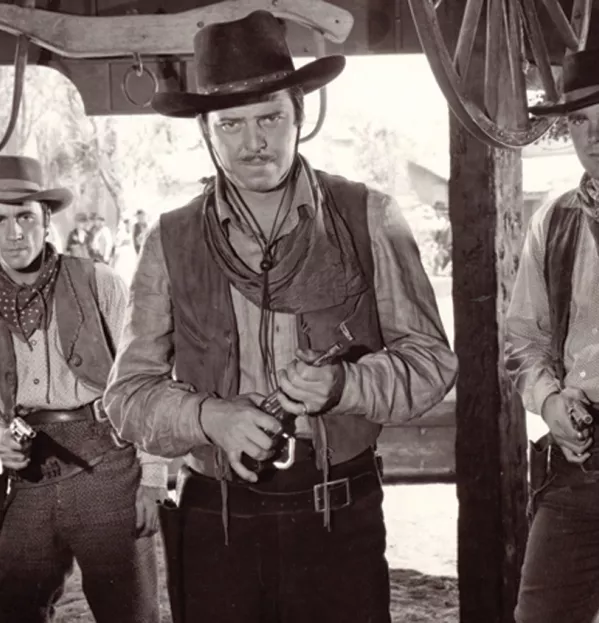Something is afoot in FE. Let’s call it a zeitgeist - or a fightback, perhaps. After the austerity cuts of recent years, and the accompanying decline in adult learners, a new mood seems to be emerging. Evidenced by the recently published all-party parliamentary group inquiry into adult education and the University and College Union’s “FE: Transforming Lives and Communities” project, there’s a sense of a renewed determination to promote the positive social impacts on people and communities that the sector delivers every day.
Those of us who work in FE know that none of this is new; it’s just we don’t shout about it. But as sector-wide advocate voices emerge, now might be a good time to discuss what we talk about when we talk about FE. It is standard for the sector to be referred to as “the place of the second chance”. This phrase even found its way into the 2015 government consultation paper A Dual Mandate for Adult Vocational Education.
The document from the former Department for Business, Innovation and Skills made it clear that part of this mandate was to “provide second chances for those who have not succeeded in the school system”. Key to this statement is the inference of failure; lack of success is neatly shuffled off on to the shoulders of the individual learners concerned.
Fixed mindset of failure
This is not a criticism as such; the wording simply reflects the outputs of a compulsory education’s summative testing process. If the system actually took responsibility for the lack of its own success in delivering the benchmark of five GCSEs at A*-C including English and maths, it would instead acknowledge a mandate to provide FE where the school system did not fully succeed in its aim.
As that’s not the system language we use (not yet, anyway), it’s hardly surprising that many young people emerge from secondary school with the fixed mindset that they are failures. They believe what the system tells them. It’s a self-limiting personal narrative that FE practitioners are familiar with; one that some internalise into adulthood, until a good FE teacher challenges it.
If we can transform our learners’ perspectives, why not do it for ourselves? If you enter “further education second chance” - or even “last chance” - into a search engine, it throws up millions of results. But we have an opportunity. A few months ago, I searched for “further education social mobility”; it generated 300,000 results. When I did so again this week, there were more than 2 million. It looks like we are starting to talk about FE differently.
While the language of second and last chances may have wormed its way deep into the psyche of our adult learners, the labels cannot dictate that FE must only think about itself in this way. But if, as a sector, we fail to challenge those labels, we not only enforce the bad habit of deficit thinking in learners but, in a fallacy of composition, the sector also ends up lumbered as the last chance saloon.
Let’s be honest, these terms don’t make for an aspirational proposition and are totally at odds with claiming FE’s major contribution to social mobility. Let’s reject this unintended consequence of compulsory education’s standardised testing regime, where differences between learners have somehow become deficits in the individual. We can do this easily, for free, from today. Consciously choose to use only affirmative language for FE and its learners, and root out the sector-limiting language where you find it.
Jessica Russell is a fellow at the Further Education Trust for Leadership and works in community outreach at Southend Adult Community College
